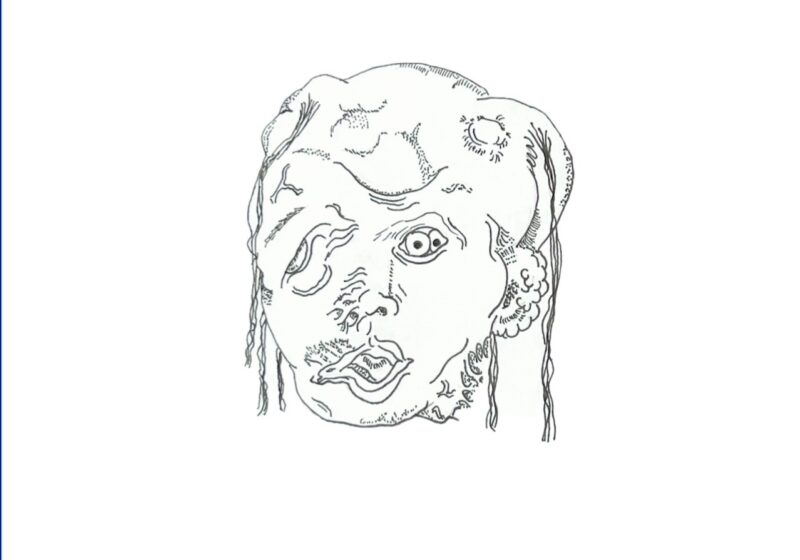Last spring, the Campus Diversity Roundtable announced preliminary results for the campus climate assessment it administered in March 2008. This past month, the CDR sent a report to UR President Joel Seligman that included the full findings of the survey and bulleted points of interest.
‘We were taking a snapshot of what students feel campus climate to be,” Assistant Dean for Diversity Initiatives Beth Olivares said of the survey’s purpose.
The evaluation received 1,251 responses from college students, which equates to just over 30 percent of the undergraduate population. This group reflected the diversity of the student body at UR with respect to gender, class and ethnicity.
Approximately 60 percent of the survey responders were female while 40 percent were male. Students could identify themselves as either White, Black, Hispanic/Latino, Asian/Middle Eastern/Pacific Islander, Native American, multiracial or other.
The questions on the survey were divided into two sets one set focused on experiences with friends and the community prior to UR, and the other set addressed student experiences in the classroom and elsewhere around campus.
The results brought to the surface a number of issues on campus. For the CDR, one of the most staggering results was the topic of harassment.
When asked if they have been the victim of harassment while attending UR, 12.6 percent of those polled reported that they had. These instances primarily occurred in the students’ residence or in the classroom.
Students also reported that upon being harassed, they had trouble finding help and support following the incident.
‘It is not about if there are resources,” graduate student and assistant to the McNear Program Carlo Fusco said. ‘It’s about getting students to these resources.”
Another area of interest for the CDR was the idea of self-segregation among students on campus. While 63 percent of students claimed that there was a high level of respect for people of different ethnicity or background at UR, the results varied considerably depending on race and ethnicity.
Only 38 percent of Black students and 47 percent of Hispanic students cited that they agreed with this statement.
Olivares, who co-chairs the Roundtable with Director of Minority Student Affairs Norman Burnett, noted one of the key findings of the study. The study found that a number of answers varied based on race and that the idea of self-segregation among groups on campus was a big concern for the committee.
The results also identified that one of the main concerns voiced by students in the open-ended response section of the survey was the misperception of Admissions initiatives geared toward minorities such as Affirmative Action.
Another issue was the ‘perceived overrepresentation of undereducated minority employees in food and building service worker positions.
Generally, there was concern about the number of minority workers in lower-level positions around campus and the vast under representation of minorities in the faculty and administration.
The University purchased the survey from a company called Educational Benchmarking Incorporated, who has supplied other departments of UR with surveys in the past.
Because of this, the survey in some ways does not quite satisfy everything that the Roundtable hoped to.
‘There are certain areas of the survey that were flawed,” Olivares noted.
More specifically, the Roundtable commented on how the harassment question was ambiguous because it did not give a definition of harassment and that some of the results were inaccurate because they didn’t give students the option of choosing more than one type of harassment.
Additionally, the report noted that the survey never gave a definition of diversity. The CDR hopes to work with the company in the future to deal with these problems.
Based on the results of the survey, the CDR hopes to make recommendations in future meetings based on the survey and also administer the assessment to the University every two years.
By 2010, their goal is to increase the participation rate by 50 percent.
Hilfinger is a member of the class of 2010.




